“Common sense is a basic ability to perceive, understand, and judge things, which is shared by (“common to”) nearly all people and can reasonably be expected of nearly all people without any need for debate.”
If sales organizations are to successfully meet the economic and competitive challenges of contemporary markets, they require people who DON’T rely on “the common sense” to guide them.
Salespeople and sales managers who don’t “… perceive, understand and judge things … ” like everyone else.
Sales professionals who don’t look through a lens shared with the crowd to problem solve and innovate; who don’t expect a shared solution to miraculously cure their specific ills and enable them to gain a strategic advantage over their competitors.
Application of common sense in this way isn’t helpful.
How does applying what is commonly held as fact “… without any need for debate” stimulate innovation and creativity?
How does it help build a sales culture that challenges the status quo and is curious to try new ways of doing things?
An important issue in organizations today is the reliance on “best practices” to make a strategic change.
Strategic success does not come from applying a cookie-cutter approach where a best practice is transposed from one organizational context to another.
It might come close to improving work processes and operating systems of the copycat, but it does so for every other organization trying to make them their own.
Everyone clusters together; no operational advantage for any member of the herd is conferred.
And the strategic advantage is gained by no one.
The common sense is herd mentality; it represents the lowest common denominator thinking.
It is a safe haven for those who believe there is safety in numbers; that to do what everyone else does offers a “comfort blanket” for protection.
After all, if 100 other organizations incorporated this system, it must be the best approach, right?
We don’t need copycats.
We need individuals who OBSERVE the common sense but are not compliant with it.
Who view a best practice as a benchmark to deviate from by adding their own twist to it.
A culture that is driven to discover uncommon sense to provide their organization with unique solutions that the crowd hasn’t discovered.
Who can see opportunity in differences rather than similarities?
Who change the conversation in their organizations from “Who is best in class and how can we copy them?” to “How can we be unique and go in a different direction?”
Who encourage debate over common principles and accepted dogma.
Who encourage their teams to cast off the common and look for a contrarian approach.
The common sense is a questionable concept; it will not prepare organizations to be unique and special in our crazy competitive world.
It will continue to propagate sameness and mediocrity.



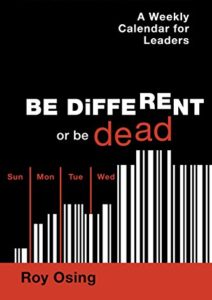
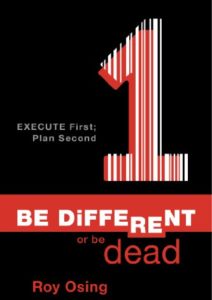
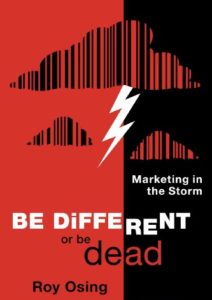
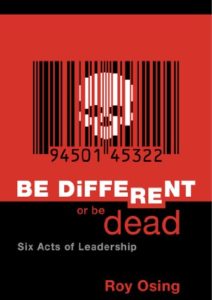
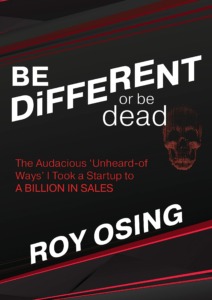
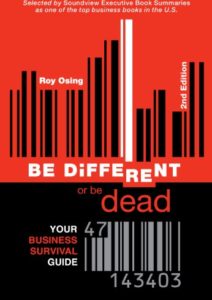









Comments (4)
I have never argued with best practices. Simply assumed they indeed are the best but seeing it from the angle you gave I agree that although best practices are important, organisations should simply build on them. What’s the point of creating something if we are all doing the exact same thing.
Like the saying goes common sense is not common so, what we actually need is the courage to go beyond the convention constructivism in carrying out our visions, ideas, and believes. The need to innovative and creative is of great essence if we are going to break common grounds.
I totally agree with this piece. Common sense in most cases has denied us in many ways, the opportunity to think outside the “box”. The fear of making mistakes in trying because the “common sense” has created the unknown fear and so people tend to stick with norms and beliefs of the greater crowd bounded by common sense.
I have come to realize that those who are daring to deafening their ears to the voices of the crowd echoing “common sense” has ended up breaking new grounds, bringing to light new inventions and better ways of doing things.
In a fast-paced and technology driven era of ours sameness is a recipe for stunted growth, thus it’s imperative upon us to adapt a growth mindset that will stimulate us for better ways to make things happen by not sticking to accepted ways that’s convenient for most.